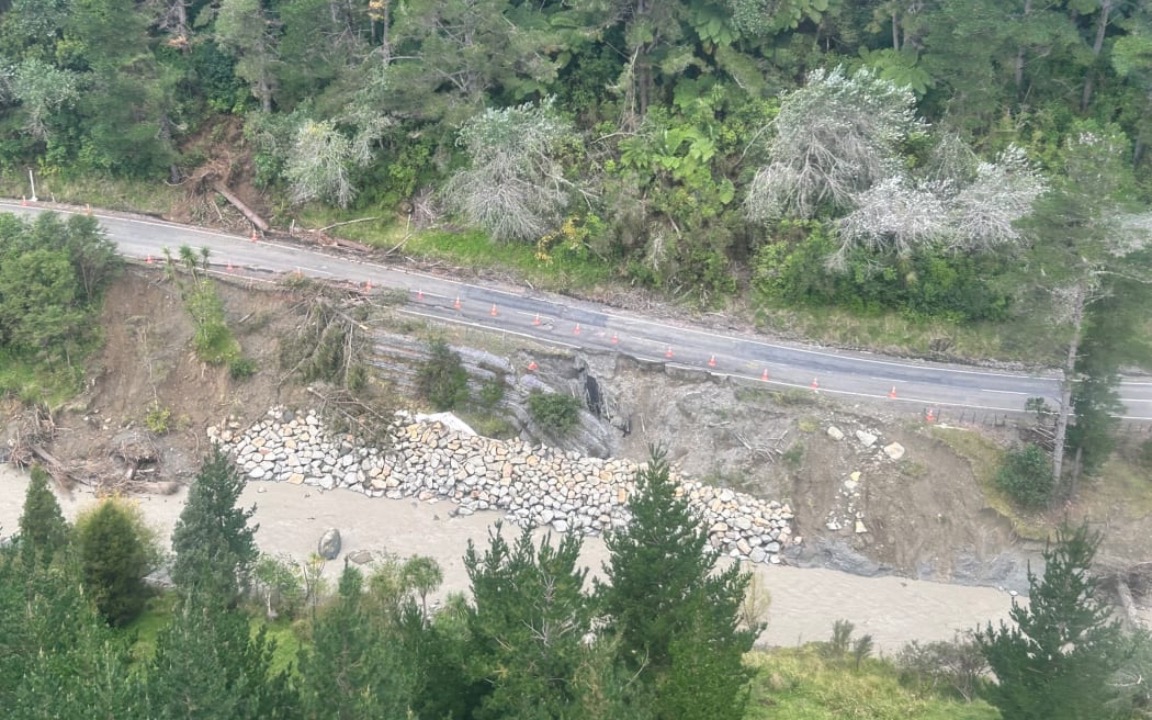Flood damage as seen from the sky over Tokomaru Bay around the Mangahauini river.
Photo: RNZ / Ashleigh McCaull
Former chair of FEC, policy adviser and professor Bruce Glavovic talked about his global career in critical disaster studies in the RNZ Programme ‘Voices’.
In the aftermath of Cyclone Gabrielle and the flooding in February, he shared his view on why not just a scientific, but a social science perspective is crucial if we are going to adapt and be prepared for more turbulent climate in the years to come.
South Africa-born Bruce is an advocate for the importance of looking at not just the geography but the human geography of disaster-prone regions – what are the root causes that make some communities more vulnerable than others in the face of a changing climate?
Listen to the podcast episode:

Prof. Dr. Bruce C. Glavovic
Professor in the Resource and Environmental Planning Programme
School of People, Environment and Planning at Massey University | New Zealand
Bruce’s research centres on the role of governance in building resilient and sustainable communities. He focuses on coasts and the roles of land-use planning, collaboration and conflict resolution at the science-policy-practice interface. He is co-Editor-in-Chief of Ocean & Coastal Management.
He was Coordinating Lead Author of the sea-level rise chapter in the IPCC’s Special Report on the Ocean and Cryosphere in a Changing Climate (2019). He is a Cross-Chapter Paper Lead and Lead Author in the IPCC’s Sixth Assessment Report.
He led the team that prepared South Africa’s White Paper for Sustainable Coastal Development (2000) – the basis of the world’s first Integrated Coastal Management Act

